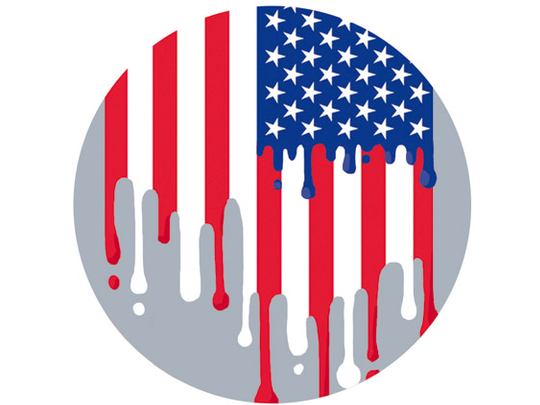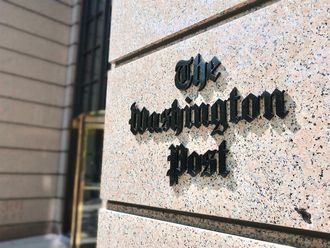
On August 31, President Barack Obama made a speech about Iraq. With 50,000 troops still in the country "in an advisory capacity", he couldn't declare victory, so he instead celebrated "the end of combat operations." He focused his comments on Iraq: the state of Iraqi democracy, the level of violence, the impact of seven years of war on Iraqi society.
All of which is fair enough. But he should have spared a few extra minutes to assess the impact of seven years of war on American society — and American foreign policy. I supported the invasion of Iraq, I think the surge was a success, and I believe that an Iraqi democracy could be a revolutionary force for good in the Middle East. Yet even if violence abates, even if US troops go home, America has still paid a very high price for its victory — much higher than it usually admits.
Aside from the very real blood and the very real money spent in Iraq, there were also other casualties, some of them hard to count and classify. Here are a few of them: America's reputation for effectiveness. The victory was swift, but the occupation was chaotic. The insurgency appeared to take Washington by surprise, and no wonder: The Pentagon was squabbling with the State Department, the soldiers had no instructions and didn't speak the language. The overall impression, in Iraq and everywhere else, was of American incompetence — and, after Abu Ghraib, of cruelty as well. Two years ago, a poll showed that vast numbers of America's closest friends felt that the "mismanagement" of Iraq — not the "invasion" of Iraq — was the biggest stumbling block for allies of the United States.
Impact on allies
No wonder, then, that America's ability to organise a coalition has also suffered. Participation in the Iraq war cost Tony Blair his reputation and the Spanish government an election. After an initial surge of support, the Iraqi occupation proved unpopular even in countries where America is popular. Almost no country that participated in the conflict derived any economic or diplomatic benefits from doing so. None received special US favours — not even Georgia, which sent 2,000 soldiers and received precisely zero US support during its military conflict with Russia.
It will be a lot harder to get any of the "coalition of the willing" to fight with the US again. Indeed, "Iraq" is part of the reason why there is so little enthusiasm for Afghanistan and why it is so difficult to put organised pressure on Iran.
Another victim of the conflict was America's ability to influence the Middle East. Admittedly, it was never as good at this as it would like to be, but the chaos in Iraq has clearly strengthened Iran. It has had no positive impact on the Israeli-Palestinian conflict. By helping raise the price of oil for a few years — this was supposed to be a "war for oil"; remember that? — it has also strengthened Saudi Arabia.
Of course, the high oil price also strengthened Russia and Venezuela because another casualty of the Iraq war has been America's ability to think like a global power. Even if the US eventually pulls out of Iraq altogether, it will have been bogged down in that country for the decade that also saw China's rise to real world-power status, Latin America's drift to the far left, and Russia's successful use of pipeline politics to divide Europe.
Finally, there are a few domestic items that are often overlooked. One worries me in particular: America's ability to care for its wounded veterans. In historical terms, the number of US fatalities in Iraq has been low — some 4,400, as compared with nearly 60,000 in Vietnam. But thanks, in part, to extraordinary advances in medical technology, the number of severely wounded veterans is far higher than ever before. The US needs innovative programmes, but high levels of bureaucratic energy are required to create and fund them.
All of which is a roundabout way of saying that the assessment of the Iraq war is a project for the next decade, not the next week. Before speaking tomorrow, Obama might ponder the words of Chou En-lai — who, when asked to assess the long-term impact of the French Revolution, allegedly told Nixon, "It's too soon to tell".
Anne Applebaum is a columnist for The Washington Post and Slate magazine.








